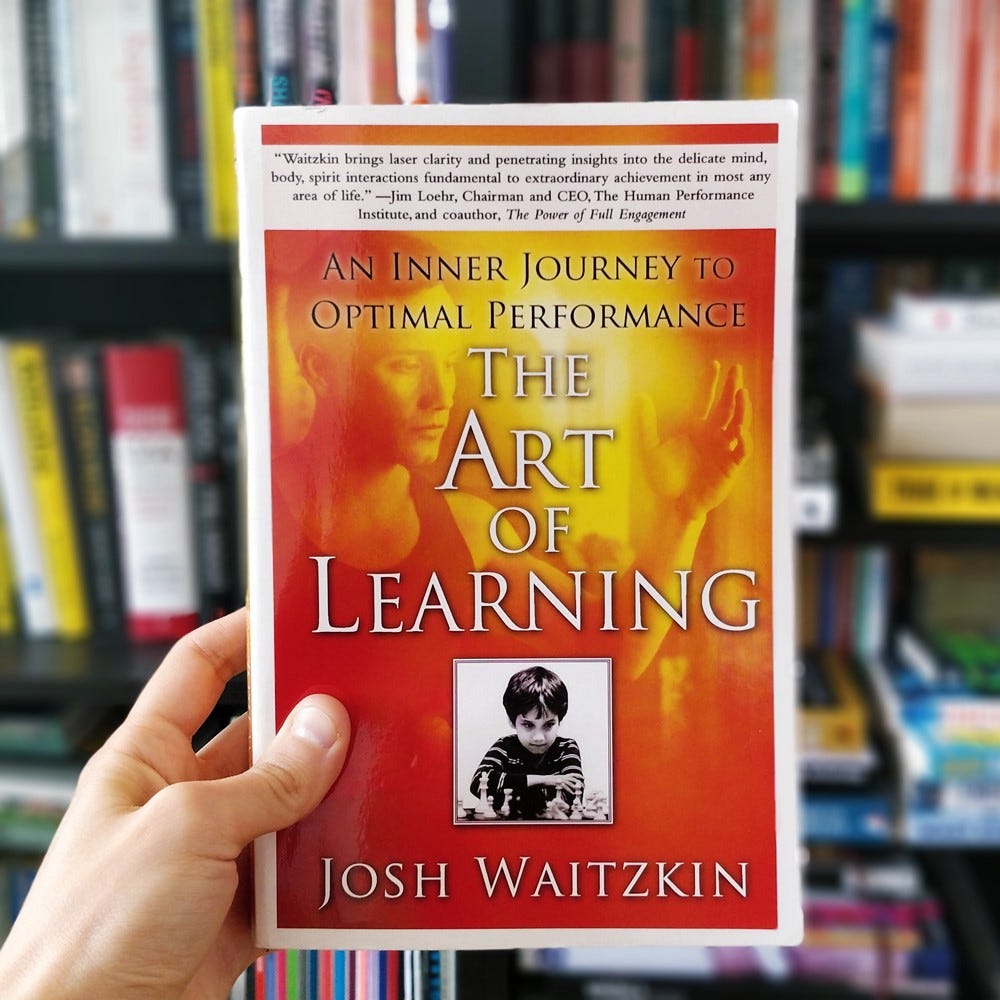Introduction:
The process of learning is an ever-evolving journey. It’s not only about gaining knowledge but also about developing skills that enable us to adapt and grow in our personal and professional lives. While numerous resources make it easier than ever to access information, there is still an essential skill that eludes a lot of people – learning to learn. This article will delve into the concept of ‘learning detectives’ and the importance of cultivating our ability to learn.
Learning Detectives: What Are They?
The term “learning detectives” refers to individuals who take an active approach in understanding their unique learning styles, strengths, and weaknesses. These individuals are constantly evolving their strategies and supplementing their toolkit with techniques that maximize their learning potential.
Core Characteristics of Learning Detectives:
1. Self-awareness: A quintessential trait of a learning detective is self-awareness. To improve one’s learning style, it is crucial first to understand how they learn best.
2. Adaptability: Learning detectives adapt to various situations, effectively switching between different learning methods as needed.
3. Problem-solving: They focus on understanding the underlying concepts rather than memorizing facts. This mindset enables them to approach problems from different angles and find creative solutions.
4. Reflection: Learning detectives continuously evaluate and reflect on their progress, identifying areas for improvement.
5. Curiosity: A strong sense of curiosity drives these individuals, making them eager to explore new subjects and ask challenging questions.
6. Collaboration: Learning detectives recognize the value of working together with others, as it promotes the exchange of ideas and exposes them to different perspectives.
Steps to Becoming a Learning Detective:
1. Assess your current learning style: Begin by understanding your individual preferences when it comes to acquiring new knowledge or skills. This may include techniques such as visualization, hands-on practice or reading aloud.
2. Develop your metacognitive skills: Metacognition refers to thinking about your thought processes and learning methods. Enhancing metacognitive skills enables you to make more informed decisions during the learning process.
3. Set SMART goals: Establish specific, measurable, achievable, relevant, and time-bound goals that will help you monitor your progress and stay motivated.
4. Experiment with different learning techniques: This will help you identify which methods are most effective for you.
5. Reflect on your progress: Regularly evaluate your improvement and adjust your strategy as necessary.
6. Seek guidance from experts or mentors: They can provide valuable insights and shortcuts based on their extensive knowledge and experience.
7. Connect with a community of learners: Engaging with other learners can help fuel motivation and provide valuable support.
Conclusion:
Becoming a learning detective leads to a deeper understanding of oneself and ultimately enhances the ability to navigate life’s complexities. By developing self-awareness, experimenting with different techniques, reflecting on progress, and leveraging the power of collaboration, we can unlock endless potential within ourselves. Embrace the art of learning to learn, become a learning detective today!


